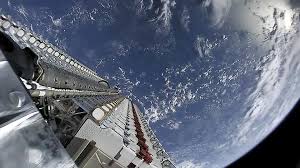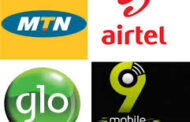Tage kene-Okafor
Elon Musk announced in a tweet on Friday that Starlink, the satellite internet service launched by SpaceX, his space exploration company, has been approved in Nigeria and Mozambique.
This news is coming three days after Musk answered a tweet about the service launch in Africa.
“Yes, first countries in Africa to be announced coming soon,” he tweeted. “Starlink will serve everywhere on Earth that we’re legally allowed to serve.”
Starlink operates in more than 30 countries where it is legally approved, in essence, where it has required licences to provide internet services.
Its launch in Africa, particularly in Nigeria, has been in the works since 2021. Last May, SpaceX sent some representatives to the Nigerian Communications Commission (NCC), the country’s telecommunications regulator, to discuss the possibility of obtaining a license to operate Starlink in Nigeria.
According to reports from local press, Nairametrics, the NCC has approved this license, corroborating Musk’s tweet today. The publication also said the license Starlink Internet Services Nigeria Ltd. (its trading name) obtained is under the Internet Service Provider (ISP) category — other service providers such as telcos and private operators fall within this category, too — and will last for a decade starting from May 2022.
Starlink brings much-needed competition to Nigerian telecom operators such as MTN and Airtel, who have had to compete against each other without improving their internet quality.
There’s one argument against Starlink, though: it’s expensive. At $110 (~₦60,500) for preorder — also its monthly price — and $599 (~₦330,000) for a full kit, including a terminal, mounting tripod, and Wi-Fi router, Starlink’s price is pricey for the average Nigerian — and Mozambique user. Its premium service costs about $2,500 (~₦1.375 million) for the full kit and $500 (~₦275,000) monthly.
SpaceX’s Starlink prices are going up across the board
TechCrunch














